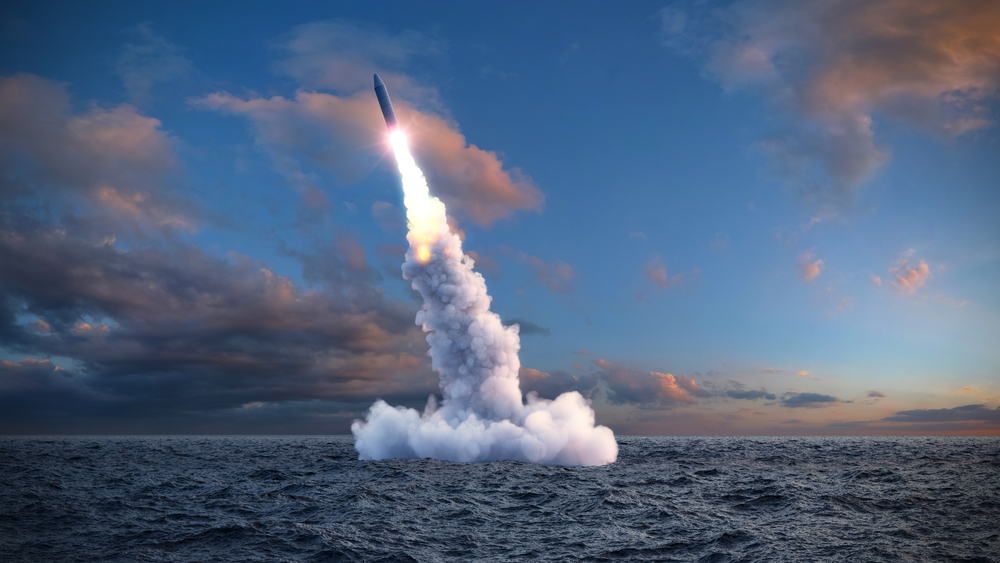
A group of Democratic Senators recently questioned Defense Secretary Mark Esper about the decision to begin fielding W76-2 “low-yield” nuclear submarine-launched ballistic missile warheads.
“We write to express our concern about the recent decision to begin fielding the W76-2 low-yield nuclear submarine-launched ballistic missile warhead, a decision we do not support,” wrote Sens. Dianne Feinstein (D-CA), Patrick Leahy (D-VT), Bernie Sanders (I-VT), Tammy Baldwin (D-WI) and Elizabeth Warren (D-MA) in a letter to Esper.
The Senators said it is inconsistent for the United States to begin fielding new nuclear weapons while urging other countries not to do so. They told Esper that he should President Trump to extend the New START before it expires next year and begin negotiating a successor treaty that adequately addresses U.S. security needs.
“As we have previously written, we remain skeptical of the ability of a low-yield weapon to effectively deter our adversaries. The stated rationale of fielding a low-yield weapon is to build the capability to respond, in kind, to a Russian first-use of a low-yield weapon. However, the argument that the threat of escalation by degree deters further escalation undermines decades of U.S. leadership to reduce nuclear proliferation among other nations that claim to pursue their own nuclear programs for a deterrent,” the Senators wrote.
They requested answers to several questions, including what projects in support of the Department of Defense the NNSA has postponed to shift focus to the low-yield nuclear warheads, and under what conditions would the United States consider using low-yield nuclear weapons. The senators also requested information regarding whether the United States can distinguish between an incoming low-yield nuclear weapon versus a conventional one in the event of a hostile attack.




